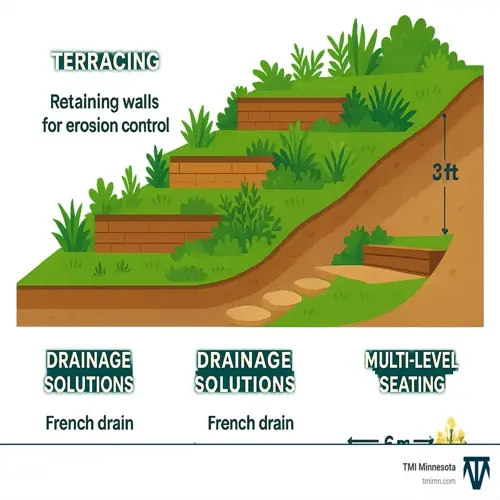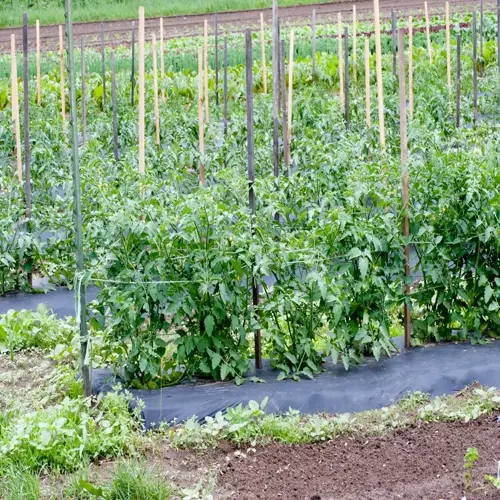Can I grow vegetables in window boxes?

Written by
Benjamin Miller
Reviewed by
Prof. Martin Thorne, Ph.D.Growing vegetables in window boxes makes fresh produce available at your fingertips. Leafy greens grow so fast and are so simple, and herbs add flavor to your meals right away. Dwarf tomatoes and dwarf strawberries can adapt to a small space. These edible gardens not only beautify but also add functionality to your windowsill.
Fast-Growing Greens
- Lettuce: Harvest outer leaves in 30 days
- Spinach: Cold-tolerant for spring/fall planting
- Kale: Nutrient-rich with continuous harvest
Culinary Herbs
- Basil: Prune regularly to encourage bushy growth
- Mint: Vigorous spreader needing containment
- Chives: Onion-flavored stems with edible flowers
Compact Vegetables
- Cherry tomatoes: Dwarf varieties like Tiny Tim
- Strawberries: Everbearing types for continuous fruit
- Radishes: Ready in 25 days for quick results
Preparing the soil is essential to ensure your vegetables grow healthy. Use a nutritious, amended potting mix combined with compost. Incorporate a slow-release form of organic fertilizer when planting. Be sure to have drainage holes in your pots to avoid waterlogged soil. Replace or refresh the soil every year, as harvesting vegetables and growing crops will remove essential nutrients.
Water and feed these plants more frequently than most ornamental plants. Water when the top inch of soil feels dry to the touch. Fertilize with a liquid seaweed fertilizer every two weeks while in the growth cycle. Harvest the plants frequently to keep them producing. Check plants every day during hot weather.
Functional designs that mix beauty and function. Use colorful Swiss chard as a backdrop for trailing strawberries, plant fragrant basil or thyme along the edges of the boxes. Marigolds can be added, as they are very effective in repelling pest insects. You will have beautiful edible combinations!
By seasonal planning, you can lengthen your harvest. Start with cool-season lettuce in spring. After the frost is out of the way, move on to warmer-season crops, such as tomatoes. You can plant garlic cloves in the fall to get shoots in spring. Be sure to rotate your crops annually to reduce disease buildup.
Read the full article: Ultimate Guide to Window Box Plants

